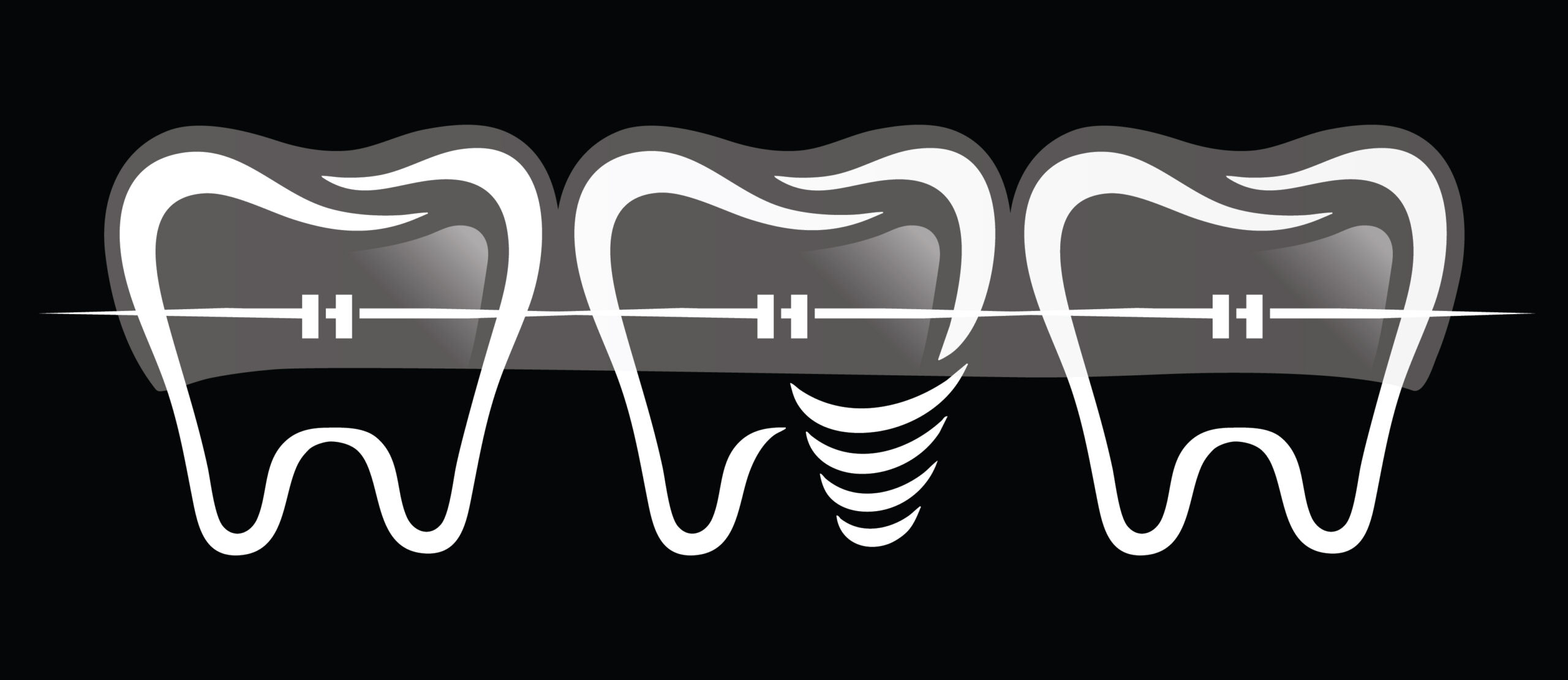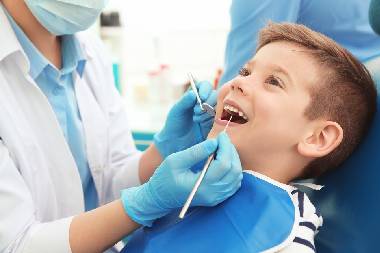Pediatric Dentistry (also spelled Paediatric Dentistry in British English) is the branch of dentistry that specializes in the oral health care of children—from infancy through adolescence, including those with special healthcare needs.
It’s more than just “dentistry for kids”—it focuses on growth, development, prevention, education, and behavior management.
What Is Pediatric Dentistry?
Pediatric dentists (also called pedodontists) are trained to:
Handle the unique dental needs of children
Guide dental growth and development
Manage child behavior in a dental setting
Educate parents on preventive oral care
Treat children with physical or mental disabilities
They undergo 2–3 years of additional training beyond dental school.
Common Pediatric Dental Treatments
| Treatment | Purpose |
|---|---|
| Dental Check-ups & Cleanings | Every 6 months to monitor oral health |
| Fluoride Treatments | Strengthen enamel and prevent cavities |
| Dental Sealants | Protect grooves in molars from decay |
| Fillings | Treat early tooth decay |
| Pulp Therapy (Baby Root Canal) | Save infected baby teeth |
| Space Maintainers | Hold space if baby teeth are lost early |
| Crowns (Stainless Steel) | Restore heavily decayed baby teeth |
| Habit Appliances | Help stop thumb sucking or tongue thrusting |
| Orthodontic Evaluation | Early detection of bite/alignment issues |
When Should a Child First Visit the Dentist?
Early visits:
Build comfort with the dental setting
Allow monitoring of teething and jaw development
Educate parents on brushing, diet, and habits
Preventive Pediatric Dentistry
| Practice | Recommendation |
|---|---|
| Brushing | Twice daily using age-appropriate toothpaste |
| Flossing | Start when teeth touch each other |
| Diet | Limit sugar, offer tooth-friendly snacks |
| Fluoride | Use fluoride toothpaste and drink fluoridated water if available |
| Sealants | Apply around age 6–7 when first molars erupt |
| Regular Check-ups | Every 6 months, or as advised |
Pediatric Dental Milestones
| Age | Expected Milestone |
|---|---|
| 6–12 months | First tooth erupts |
| 2–3 years | Full set of 20 baby teeth |
| 6–7 years | First permanent molars erupt |
| 6–12 years | Mixed dentition (baby + permanent teeth) |
| 12–13 years | Most permanent teeth in place |
| 16–21 years | Wisdom teeth may erupt |
Behavior Management Techniques
Pediatric dentists are trained in child psychology and may use:
Tell-Show-Do: Explain, demonstrate, then perform
Positive reinforcement: Praise for cooperation
Distraction: Videos, music, or conversation
Sedation dentistry: For anxious or uncooperative children (e.g., nitrous oxide/laughing gas)
General anesthesia: For complex or hospital-based procedures
Parental Guidance: What to Ask Your Pediatric Dentist
How can I prevent cavities in my child?
What toothpaste should I use?
Does my child need sealants?
Are thumb sucking or pacifiers affecting teeth?
When should my child see an orthodontist?
How can I help my child with brushing?

